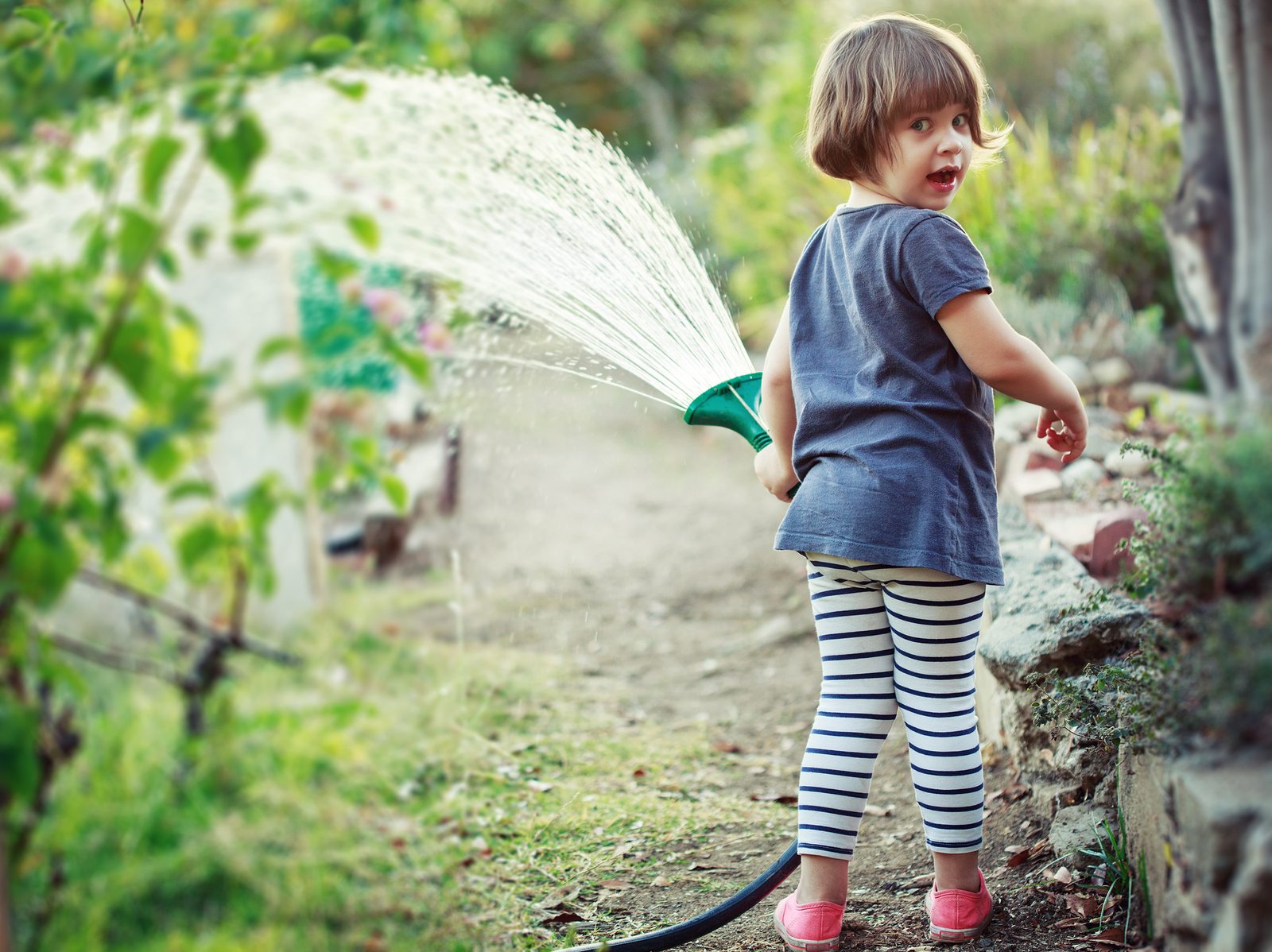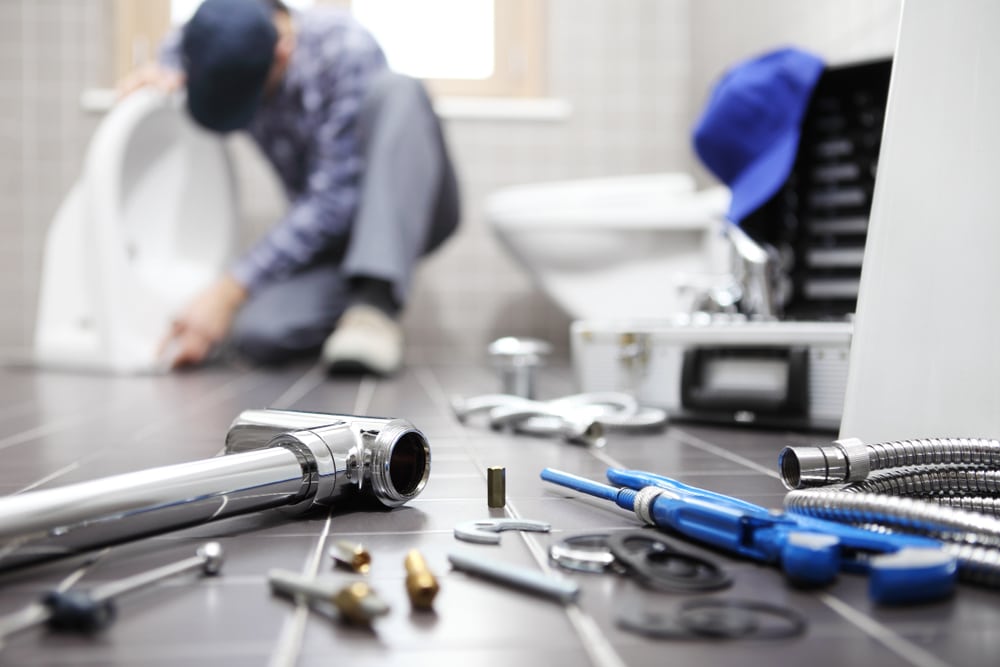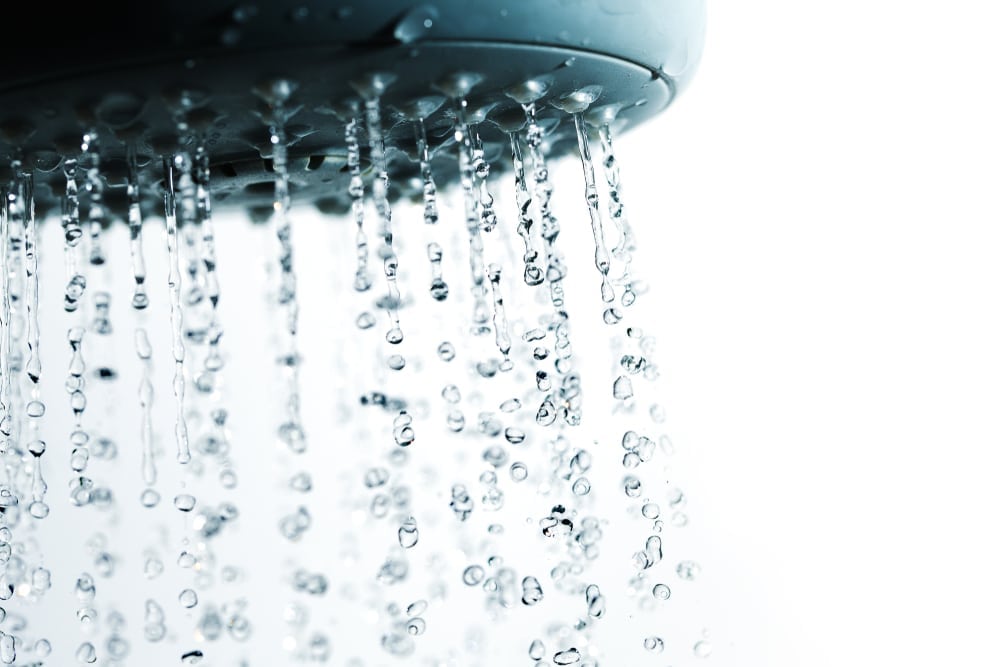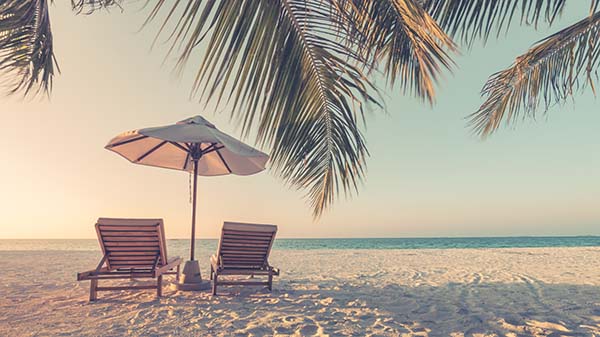Saving water is key all year round, so even though the days are shorter and often rainier, some simple advice will ensure that you only use what you need to make the best garden possible. Our number one tip is to get up close, push aside the mulch and stick your finger in the soil – if it’s moist below the surface you won’t need to water.
Watering Your Garden Needn’t be a Waste of H20
When watering, you need to consider two related questions: firstly, how long should you water for? Secondly, how often should you be watering your garden? If you water your garden every day, it encourages shallow roots to form close to the surface – these roots are prone to heat stress, dry out quickly and can only access a small amount of water, which is not ideal for economical watering practices.
Deeper roots live in cooler soil and can access more water, helping the plant cope with hot, dry periods better. In order to encourage the roots of your plants to reach deeper, water them longer. Ensure that the water is reaching the depths of the soil by watering for longer.
If you water less frequently, logic dictates that you will need to water for a little longer, but you should avoid watering below root depth as that water will be out of reach and, therefore, useless.
For example, turf tends to have roots no longer than 25mm deep, so once you have provided over 25mm of water, whatever water follows is pushed out of reach of the roots. Watering the lawn all night will reap the same benefits as if you had watered for a short period in the late afternoon.
Irrigation
Different irrigation systems suit different plants and situations: drip irrigation delivers water very efficiently but slowly directly to the root zone; sprinklers deliver a lot of water over a large area at a relatively low cost. Do some research into the best type of irrigation for your plant types to make the best decision.
Evaporation
When it comes to watering your garden, another major factor your need to consider is evaporation, as it makes a significant difference to how much water you will need to use to water your plants. You can reduce evaporation using one or more of the following methods:
- Mulch acts as a blanket on the soil and retains water, reducing evaporation by up to 20%.
- Dry winds rapidly increase evaporation. Being strategic with your planting and placing plants – especially the ones that require more water – out of the wind and in partial shade will reduce evaporation rates.
- Watering in the morning or evening will significantly reduce evaporation and the amount of water required to keep your plants healthy.
Zoning
A very practical consideration is zoning: if you put plants that need about the same amount of water together, you can water that area for a standard amount of time, making it easier to provide and program irrigation and will save time, effort and money in the long run.
Alternative water sources
It’s also a good idea to look at alternative solutions to using mains water, such as rainwater from your roof and greywater from your house – these systems can range in price from almost nothing to thousands of dollars, depending on what you’re after. Once they’re established, the benefits continue for years at little or no additional effort.








